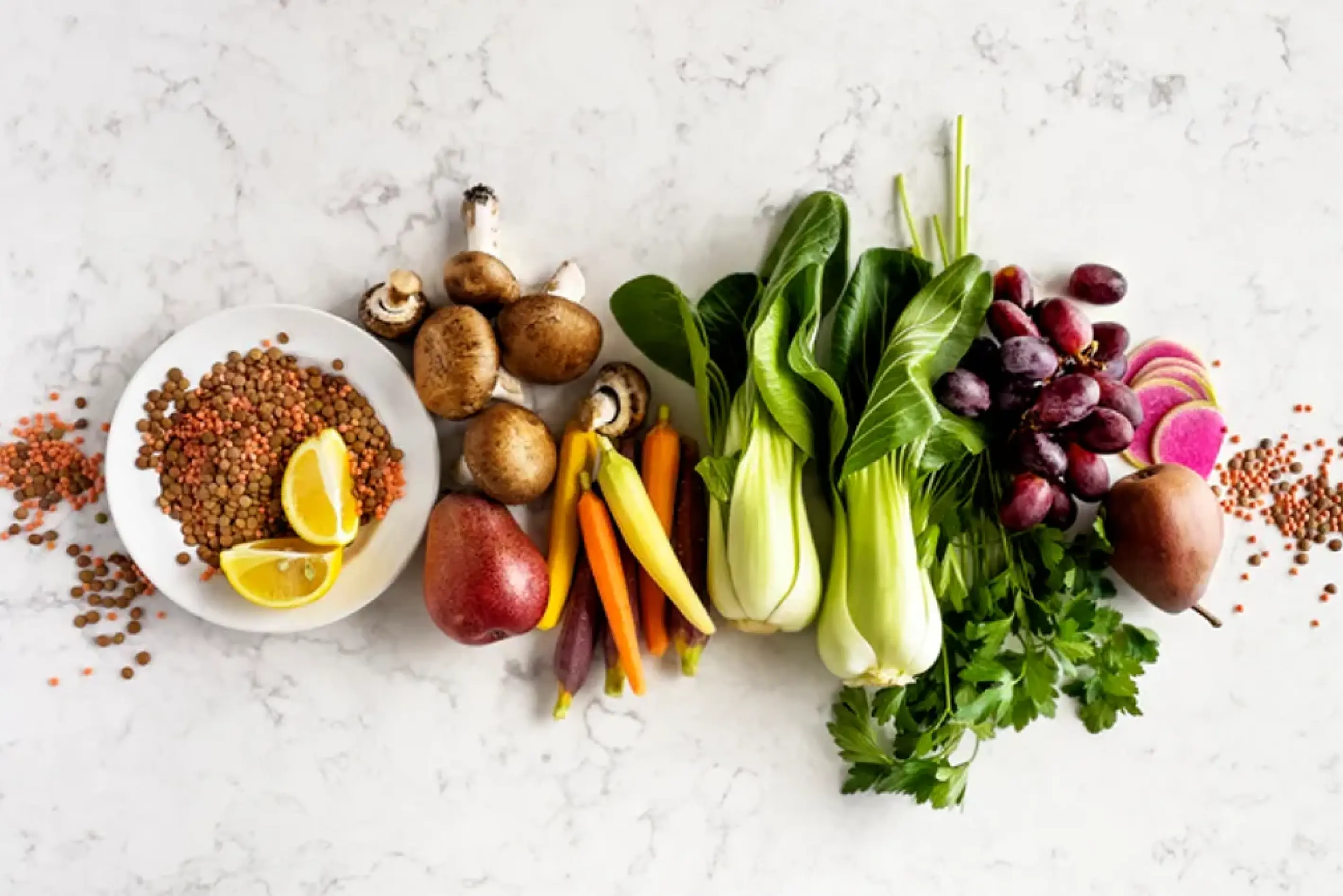
Article / By omxadmin
Balanced diet is the key for healthy life. To keep organs healthy and functioning under the controlled parameters in conditions like chronic kidney disease where electrolyte imbalances are the major complications it becomes of utmost importance to keep an eye on nutrition along with keeping it balanced. Nutrition should be able to suffice the basic needs of giving energy to drive the basic functions of body, to fight against infections, to contribute in slowing the progression of kidney diseases, to maintain a healthy weight and muscle mass.
The amount of protein, phosphorus, sodium, calcium, potassium are majorly restricted in the diets of patients suffering from kidney diseases. Along with restricting different nutrients into regulated amounts the fluid intake has to be monitored directly depending upon the stage of kidney disease meaning which severe the condition, more the restriction which has to be amended by medical practitioner only. Dialysis patients often have additional requirements of vitamins and minerals but it is recommended to avoid vitamins A, E as well as K. Herbal remedies and over the counter vitamins are required to be avoided. Some kidney friendly foods include dried fruits, low sodium salmon, turkey, chicken, dried beans, unsalted nut butter, rice, soy, almonds, whole grain bread, pasta, grits, honey etc.
However, after kidney transplant the diet will be different from the patients who are on dialysis or in initial stages of CKD. In the patients of renal transplant metabolic syndrome is often reported, prevention of which is very important. The high risk foods that are to be avoided post renal transplant include raw or undercooked seafood like prawns, shrimps, sushi etc., unpasteurised milk, grapefruit, pomegranate, unpasteurised juices or ciders, sprouts etc.